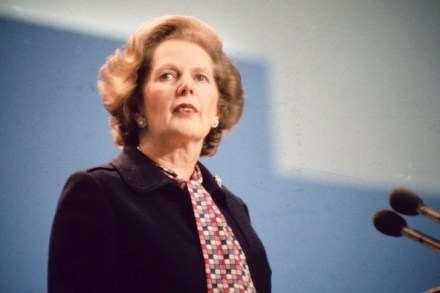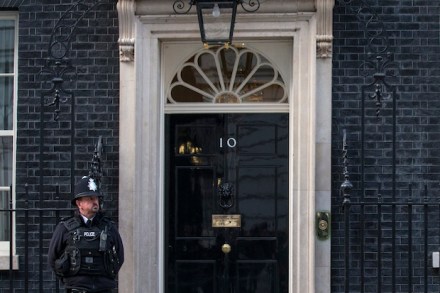Moscow may not need London, but does London need Moscow?
According to an adviser to Russian Deputy Prime Minister Igor Shuvalov, sanctions-hit Moscow intends to slowly move the finance of state companies and political players away from London, Zurich and Frankfurt toward Hong Kong, Shanghai and Singapore. ‘We think we can match what we lose from the West with what China offers,’ the adviser told Politico. The Cameron government hit back with anonymous quotes in the same Politico story, dismissing the notion that Chinese financing could replace Western money: ‘The Chinese cannot and will not give them this money.’ Carl Bildt, who also spoke to the magazine, seconded the emotion, noting the ‘great fanfare’ when Russian officials land in Beijing,





















